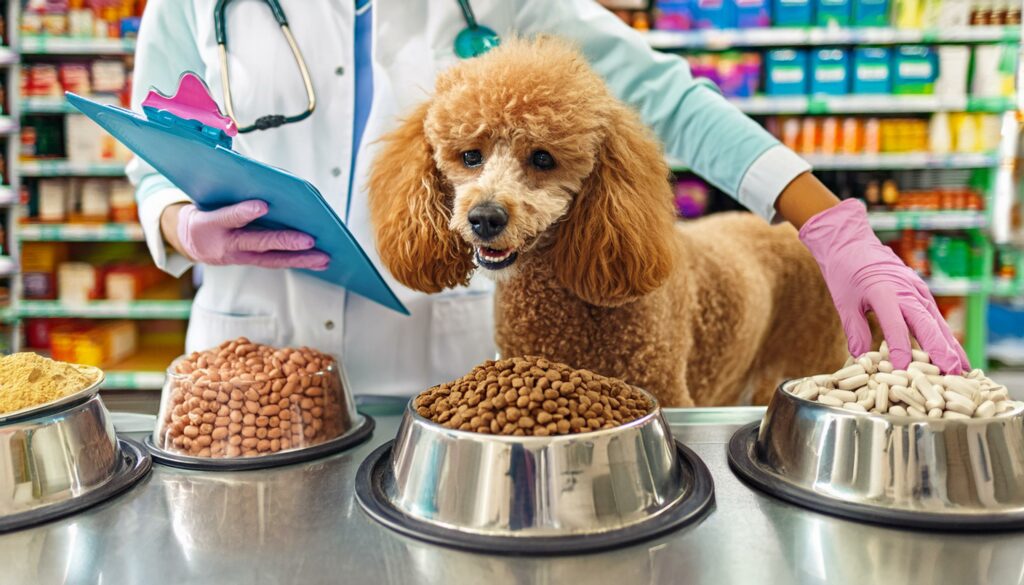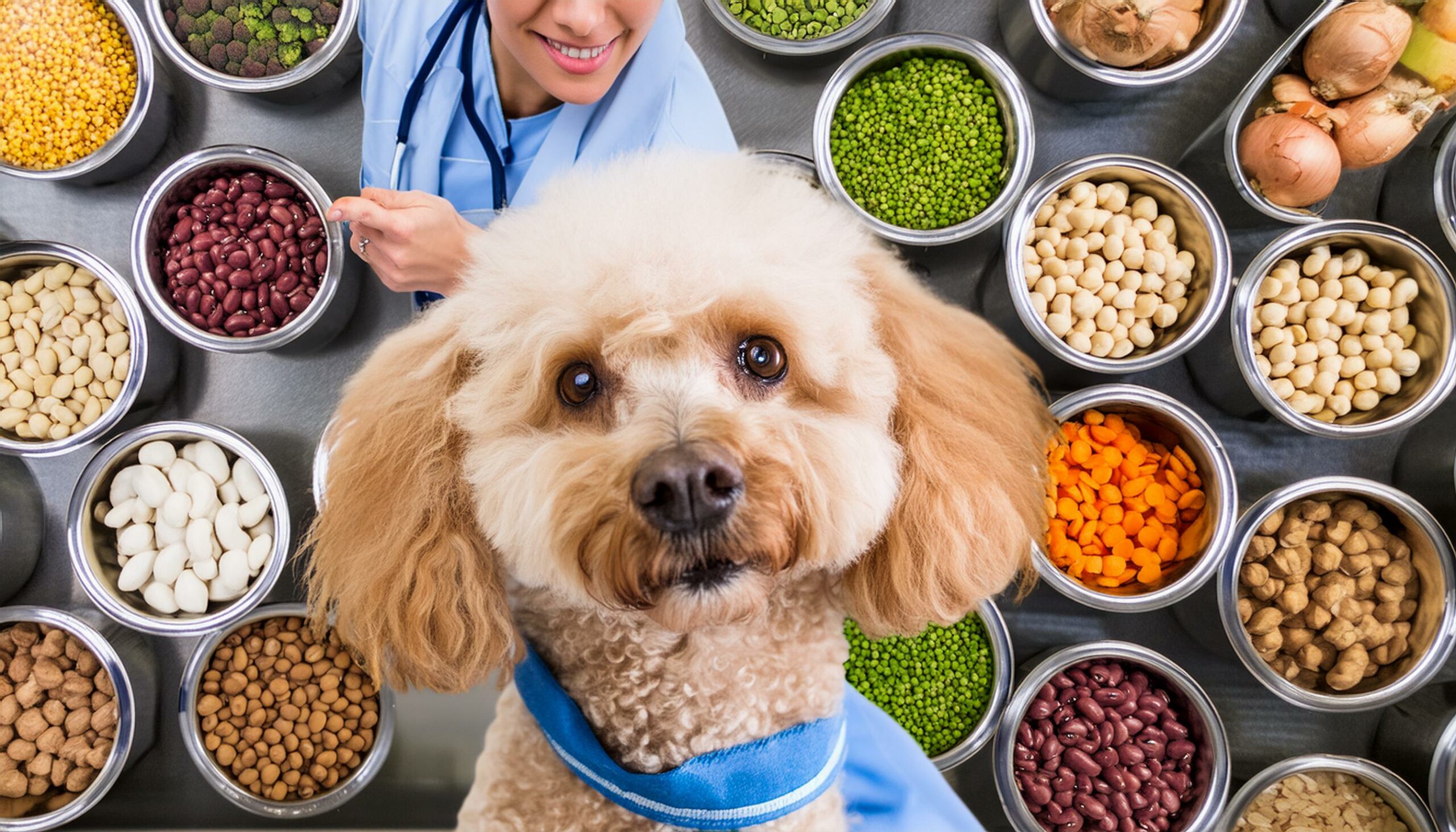Poodles are not just adorable companions; they are also highly intelligent and active dogs. To keep them healthy and happy, providing them with the right nutrition is crucial. In this guide, we’ll delve into the nutritional needs of poodles and explore the best food options to ensure their well-being.
1. Introduction to Poodles
Poodles come in various sizes, including Standard, Miniature, and Toy, but regardless of their size, they share similar nutritional requirements. Whether you have a playful Standard Poodle or a tiny Toy Poodle, understanding their dietary needs is essential for their overall health.
2. Understanding the Nutritional Needs of Poodles
Factors to Consider
When determining the nutritional needs of your poodle, several factors come into play. These include age, size, activity level, and any existing health conditions. Puppies have different dietary requirements than adult or senior poodles, and adjustments should be made accordingly.
Importance of Balanced Diet
A balanced diet is vital for poodles to thrive. It ensures they receive the right proportions of essential nutrients, including proteins, carbohydrates, fats, vitamins, and minerals. A well-balanced diet supports their growth, development, and overall health.
3. Protein: The Building Block
Sources of Protein for Poodles
Protein is essential for building and repairing tissues, muscles, and organs in poodles. High-quality protein sources include lean meats like chicken, turkey, and beef, as well as fish, eggs, and dairy products. Incorporating these into your poodle’s diet helps maintain their muscle mass and supports their active lifestyle.
4. Carbohydrates: Energy Boosters
Complex vs. Simple Carbohydrates
Carbohydrates provide the primary source of energy for poodles. Complex carbohydrates, such as whole grains, vegetables, and legumes, release energy slowly, providing sustained fuel throughout the day. Simple carbohydrates, like sugars and refined grains, should be limited as they can cause spikes in blood sugar levels.
5. Healthy Fats: Essential for Poodle’s Coat
Best Sources of Healthy Fats
Healthy fats play a crucial role in maintaining your poodle’s skin and coat health. Omega-3 and Omega-6 fatty acids, found in fish oil, flaxseed oil, and coconut oil, help keep their coat shiny and reduce inflammation. Including these fats in their diet promotes a healthy and glossy coat.
6. Vitamins and Minerals: Supporting Overall Health

Essential Micronutrients for Poodles
Vitamins and minerals are essential for various bodily functions in poodles, including immune support, bone health, and metabolism. Fruits, vegetables, and supplements are excellent sources of these micronutrients. Ensure your poodle receives a diverse range of vitamins and minerals to support their overall health.
7. Hydration: The Often Overlooked Component
Importance of Water for Poodles
Proper hydration is crucial for poodles to maintain optimal health. Water supports digestion, regulates body temperature, and helps transport nutrients throughout the body. Always provide access to clean, fresh water to keep your poodle hydrated, especially during hot weather or after exercise.
8. Common Foods to Avoid
Harmful Foods for Poodles
Certain foods can be harmful or toxic to poodles and should be avoided. These include chocolate, grapes, raisins, onions, garlic, and xylitol. Ingesting these foods can lead to serious health issues or even be fatal for your furry friend.
9. Feeding Guidelines and Meal Frequency
Proper Portions for Poodles
Feeding your poodle the right amount of food is essential for maintaining a healthy weight. Consult with your veterinarian to determine the appropriate portion sizes based on your poodle’s age, weight, and activity level. Additionally, dividing their daily food intake into multiple smaller meals can aid in digestion and prevent overeating.
10. Homemade vs. Commercial Food
Pros and Cons of Each Option
Both homemade and commercial dog foods have their advantages and disadvantages. Homemade meals offer control over ingredients and quality, while commercial foods are convenient and formulated to meet specific nutritional needs. Consider your poodle’s dietary requirements and preferences when choosing between homemade and commercial food.
11. Addressing Dietary Restrictions and Allergies
Identifying and Managing Food Allergies
Some poodles may have dietary restrictions or allergies that require special attention. Common allergens include grains, dairy, and certain proteins. If you suspect your poodle has a food allergy, work with your veterinarian to conduct allergy testing and develop a suitable diet plan.
12. Importance of Consultation with Veterinarian
Regular check-ups with a veterinarian are essential for monitoring your poodle’s overall health and nutritional status. They can provide personalized recommendations based on your poodle’s specific needs and address any concerns or questions you may have regarding their diet.
